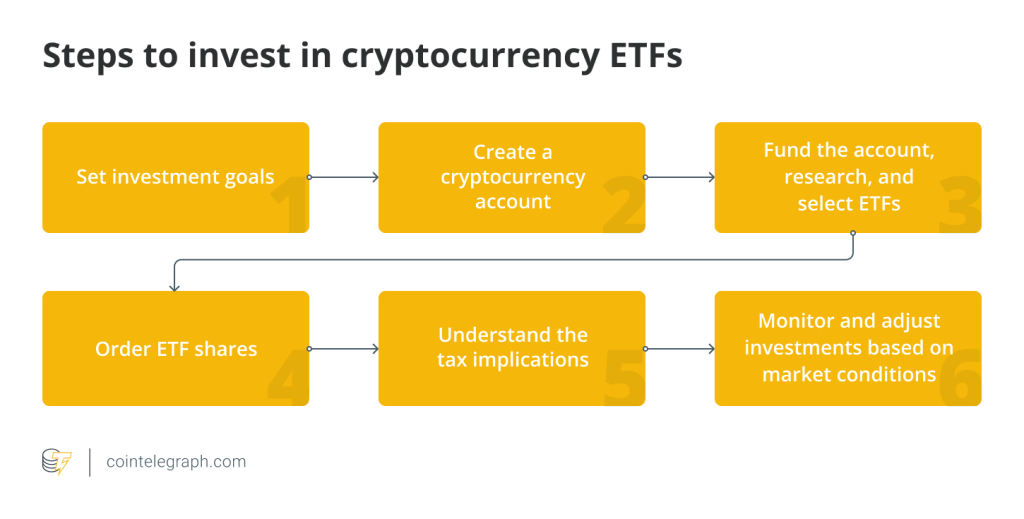Can Ethereum ETFs thrive without staking amid SEC scrutiny?

Regulatory concerns force Ether ETF issuers to abandon staking plans, sparking conflicting community views and discussions on investor appeal.

Several high-profile aspiring Ether exchange-traded funds (ETFs) issuers — including Ark Investments Management and Fidelity Investments — have removed staking from their plans due to regulatory pressures from the U.S. Securities and Exchange Commission (SEC).
The strategic shift to remove staking may improve the chances of an Ether (ETH) ETF approval but has caused concern and debate in the crypto industry due to the functionality of staking.
Staking — locking up cryptocurrencies to validate transactions in exchange for rewards — is a priority for many investors. An absence of staking in Ether ETFs could significantly impact their appeal compared to direct Ether purchases in favor of staking for yield.
Brian Rudick, senior strategist at GSR, emphasized that there would be an “immediate opportunity cost” by holding Ether through an Ether ETF void of staking.
Built using the proof-of-stake (PoS) mechanism, the elimination of staking from Ether ETFs could have broader implications for supply, network security, and reduced decentralization due to less staked ETH.
One X community member gave their opinion on the staking concerns, suggesting that Ether ETFs had been asked to remove staking due to the price difference to Bitcoin (BTC).
“[…] the price is less compare to BTC so the institutional investors will most likely stake it & ETH will have problem with supplies later.”
In response to the post, another X member likened staking to “earning interest on your savings,” falling under the “securities umbrella.”
“[…] hence no staking for eth ETF, it was all scheduled from the beginning, and these were the companies secretly buying all these months when Bitcoin was booming.”
Related: Ethereum ETF decision due in hours as BTC price gets $80K May target
Amid the community’s conflicting perspectives on the changes to Ether ETF staking opportunities, the SEC began discussions with potential issuers of spot Ether ETFs on May 22.
A decision is anticipated within the next few hours. The news comes on the heels of the FIT21 crypto bill passing in the U.S. House of Representatives. The bill was approved with 208 Republicans and 71 Democrats voting in favor, while 136 voted against.






Responses